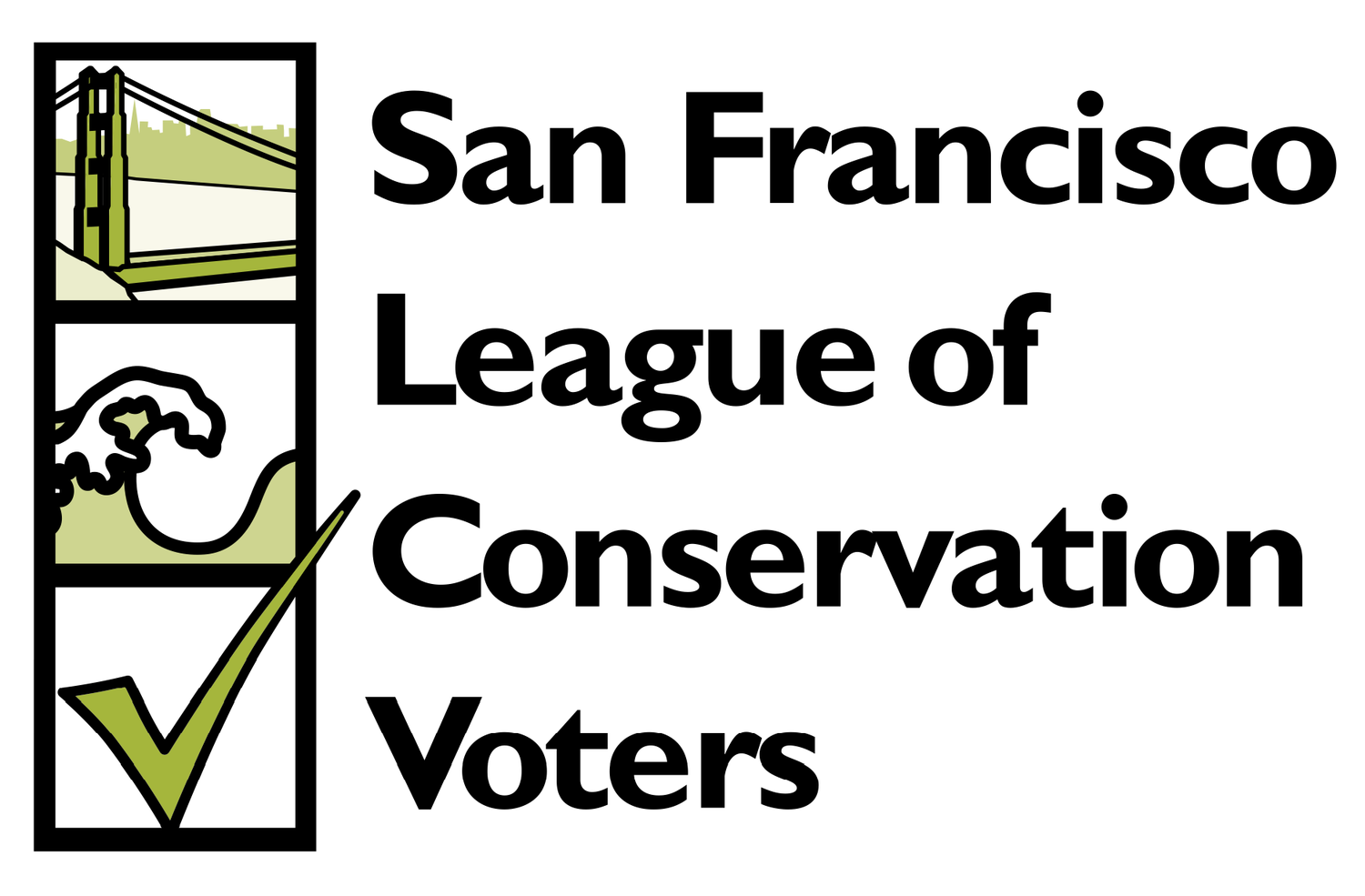Vote YES on G to Make Housing Available for Extremely Low Income Households
/Due to high median incomes in the City, most affordable housing rents in San Francisco are out of reach for extremely low income (“ELI”) households (15-30% of Area Median Income, or AMI). The majority of affordable housing produced in San Francisco since 2005 has only targeted very low (30-50% of AMI) and low-income (50-80% of AMI) households. As a result, seniors, parents, and people with disabilities making close to minimum wage cannot qualify for affordable housing, even when applicants win the affordable housing lottery. In most cases, applicants are required to have a monthly income ranging between 40-50% of the median income to qualify for affordable units.
Prop G seeks to secure $8.25 million from the general fund each year for 20 years to ensure access for ELI households to the City’s affordable housing.
With the removal of the Bay Area Affordable Housing Bond from the November 5th ballot, the passage of Prop G is even more critical to help fund housing for ELI households.
The Proposal:
Under Proposition G, each year the City would be required to contribute to the Fund:
- Beginning in fiscal year 2026-2027, at least $8.25 million a year; and
- Until fiscal year 2045-2046, at least the prior year amount, adjusted by up to 3% based on the City’s revenues
If the City’s projected budget deficit in any year is $250 million or more, the City may reduce its contribution to the Fund, provided that the City contributes at least $4 million in FY 2026-2027 and at least $8.25 million in each later year.
The Mayor’s Office of Housing and Community Development (or any successor agency) would administer the Fund by disbursing money to the owners of affordable housing in San Francisco to subsidize the rent of extremely-low income (“ELI”) households consisting of seniors, families, or persons with disabilities with incomes up to 35% of AMI. The funds would subsidize the difference between the amount these tenants can afford and the rents the owner would otherwise charge. The Fund would end on December 31, 2046 unless voters reauthorize it.
To fulfill the commitment, Proposition G will use funds from existing affordable housing financing sources, such as the Empty Homes Tax Ordinance and the Homelessness Gross Receipts Tax Ordinance.
Opponent arguments include concerns over the use of City funds for rent subsidies despite a large budget deficit. The Office of the Controller also released a statement that Prop G is "not in compliance with a non-binding, voter-adopted city policy regarding set-asides" that calls for limiting “set-asides which reduce General Fund dollars that could otherwise be allocated by the Mayor and Board of Supervisors in the annual budget process."
The Proposition would require a simple majority for approval.
The San Francisco League of Conservation Voters urges a YES vote in support of Proposition G. The measure will help to close a gap in support of our lowest-income residents, address the homelessness crisis, and help to reduce long commutes by those who have low-wage jobs in San Francisco but cannot afford housing here.


